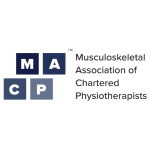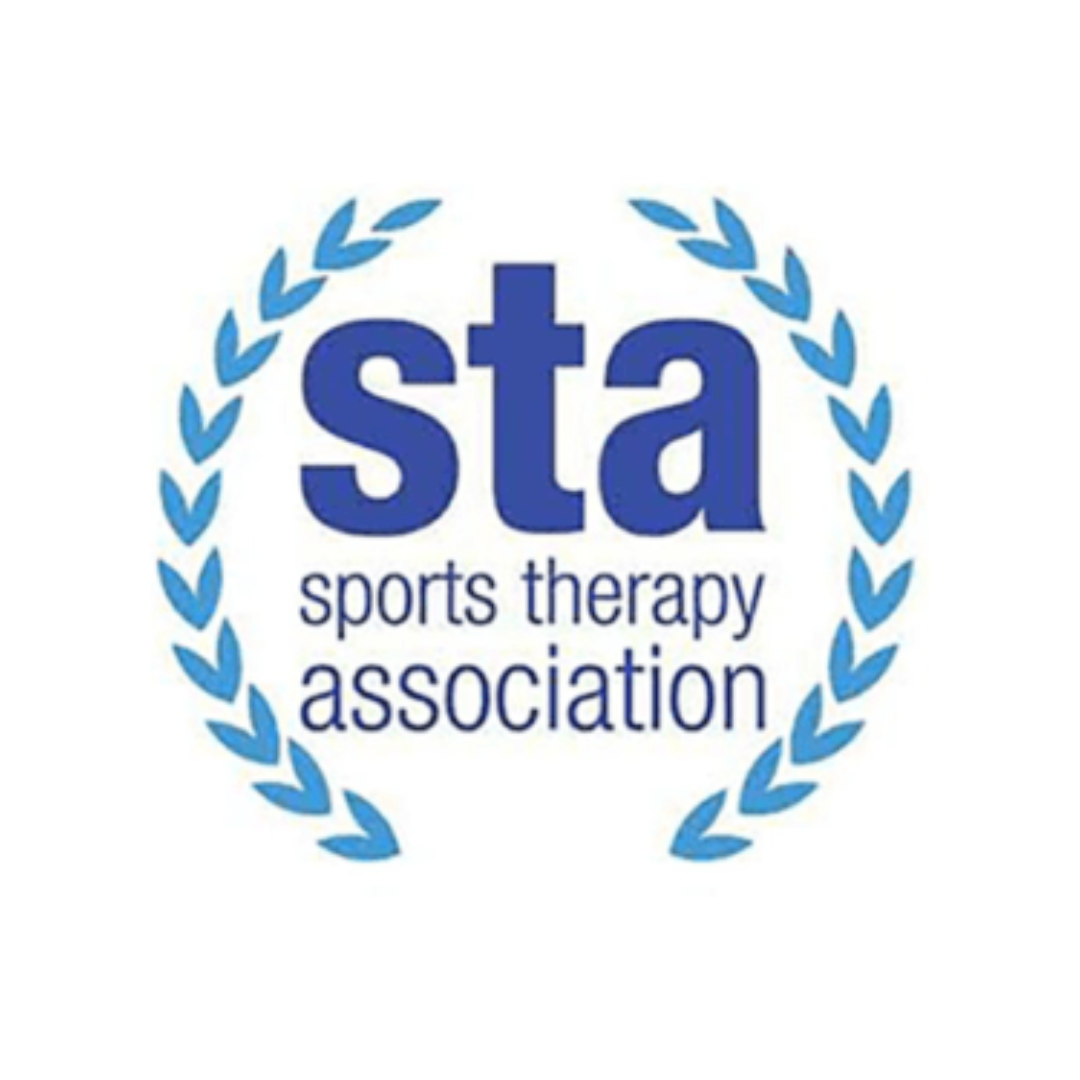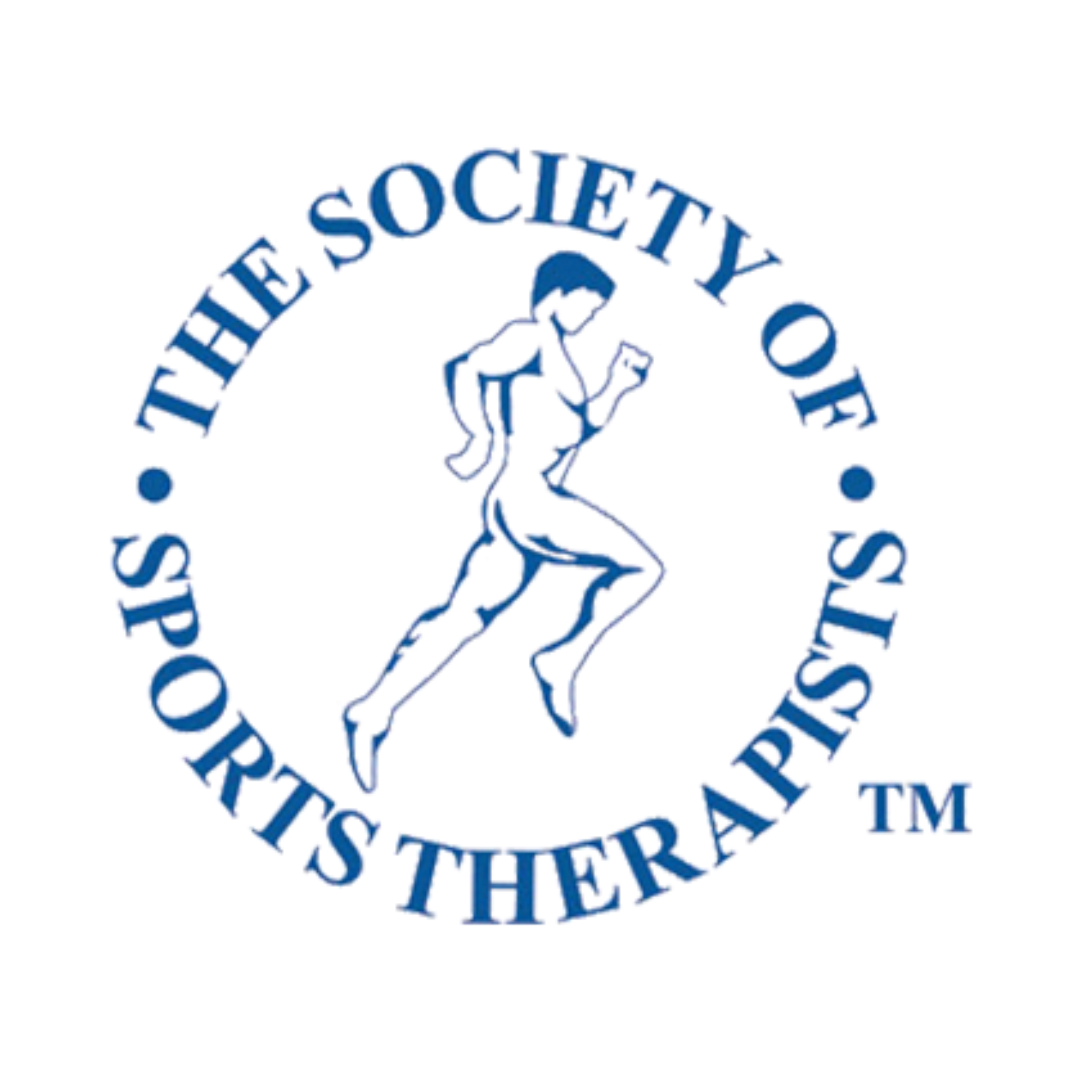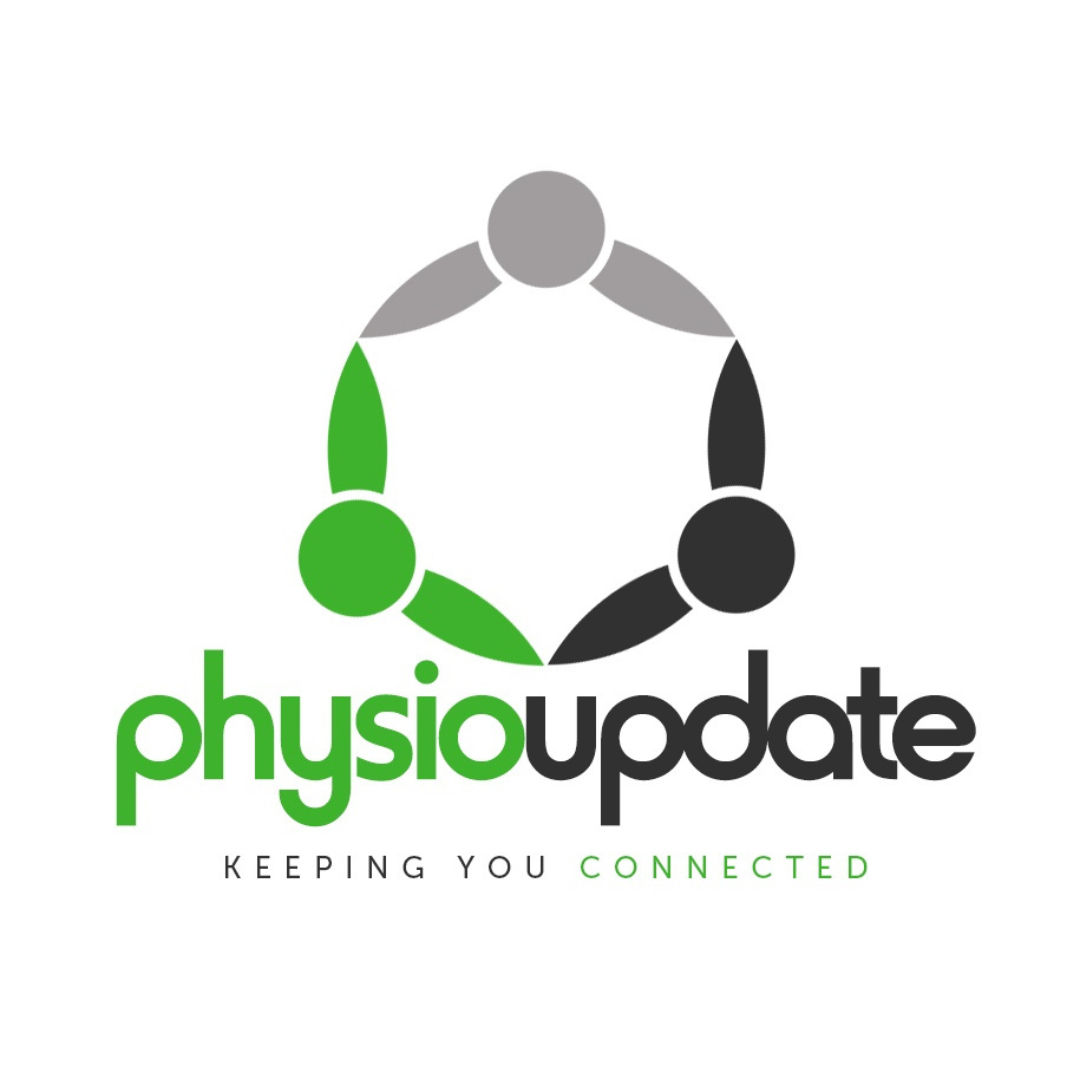World Mental Health Day 2024
)
Observed each year on 10 October, World Mental Health Day, as organised by the Mental Health Foundation, provides the perfect opportunity to come together to highlight and affirm the importance of mental health. With 'It's time to prioritise mental health in the workplace’ as the designated theme for 2024, the emphasis is on the urgent need to address mental health and well-being within professional settings. It encourages us to recognise the benefits it brings to individuals, organisations, and communities.
Further to this, addressing the role that mental health plays in a physical rehabilitation setting is crucial. Whilst clinicians should nurture their own mental health in their workplace, recognising the impact that mental health can have on the rehabilitation of their patients is also paramount. So how can this be addressed?
Holistic recovery
Mental health and physical health are closely intertwined. When patients experience mental health issues such as depression, anxiety, or stress, their physical recovery can be compromised. For example, a person dealing with chronic pain may also suffer from depression as a result, which can make it harder for them to engage in physical therapy and follow through with rehabilitation exercises.
Addressing mental health helps create a more comprehensive recovery plan that targets both physical and psychological needs. By prompting the patient themselves to recognise the importance of their mental health, they are more likely to seek support from other services and may well experience enhanced physical healing, reduced symptoms of physical ailments, and an improved overall quality of life. This holistic approach ensures that all aspects of a patient’s health are considered, leading to more effective and lasting recovery outcomes.
Motivation and adherence
Rehabilitation can be a long and challenging process. Patients who are struggling with mental health issues may find it difficult to stay motivated and adhere to their prescribed rehabilitation programmes. Factors such as lack of motivation, feelings of hopelessness, or low self-esteem can hinder progress and lead to inconsistent participation in rehabilitation activities. It’s the age-old problem: how can a clinician help a patient to continue their exercises outside of the clinic?
Addressing their mental health can help to improve motivation and adherence by helping patients develop better coping strategies, set achievable goals, and build a positive mindset towards their recovery. Psychological interventions, such as motivational interviewing or goal-setting therapy, can empower patients to remain engaged in their rehabilitation programmes and work towards their recovery goals more effectively.
Pain management
Mental health influences how individuals experience and manage pain. Emotional and psychological states can affect pain perception, intensity, and the ability to cope with pain. For instance, anxiety and stress can exacerbate pain, making it more difficult for patients to manage their discomfort and participate fully in rehabilitation. By integrating mental health support into pain management strategies, patients can begin to develop effective coping mechanisms. Techniques such as cognitive-behavioural therapy (CBT) or mindfulness-based stress reduction can assist patients in managing pain more effectively, reducing their reliance on pain medications, and improving their overall rehabilitation experience.
Emotional support
Rehabilitation often involves dealing with the emotional challenges of recovery, such as frustration, fear, or feelings of loss related to changes in physical abilities. Emotional support is crucial in helping patients to navigate these challenges and maintain a positive outlook throughout their rehabilitation journey. Clinicians can provide emotional support by recommending counselling, support groups, or even therapy to help their patients manage their emotions, build resilience, and maintain a sense of hope. This support can reduce stress, enhance coping skills, and improve overall well-being, making the rehabilitation process more manageable and less overwhelming.
Improved outcomes
Integrating mental health care with physical rehabilitation leads to more comprehensive treatment. When mental health issues are addressed alongside physical therapy, patients often experience better overall outcomes. This is because their psychological well-being contributes to their ability to engage in and benefit from physical rehabilitation. This integrated approach ensures that all aspects of their health are being addressed, leading to more effective treatment, faster recovery, and a better quality of life both post and during rehabilitation.
Enhanced patient experience
Creating a more supportive and empathetic environment through recognition of mental health can significantly improve the patient experience by allowing them to feel valued, understood, and supported throughout their recovery process. It can enhance the patient’s engagement and satisfaction with their rehabilitation program and foster a sense of trust and partnership between patients and therapy professionals, leading to a more effective and enjoyable rehabilitation experience.
Overall, a clinician’s recognition of the importance of mental health in physical rehabilitation settings ensures a well-rounded approach to recovery that addresses both psychological and physical needs, ultimately leading to better outcomes and a more positive experience for patients.
In a blog post from Solent NHS Trust, ‘Transforming mental health care through physiotherapy’, Rachael Blake, AHP Team Lead and Physiotherapist, explains how she is deeply committed to the inclusion of mental health care throughout physiotherapy services.
Rachael has spearheaded several transformative initiatives in mental health settings, such as standardising outcome measures for mobility among OPMH (Older People’s Mental Health) inpatients, creating a national peer support network for mental health physiotherapists, and enhancing physiotherapy services in Adult Mental Health (AMH) wards. Her notable project involves collaborating with local gyms to integrate exercise groups into AMH wards, demonstrating the benefits of physical activity for mental health.
Rachael emphasises the interconnectedness of physical and mental health, stating, "It's about recognising that physical and mental health go hand in hand." Her innovative approach and advocacy have significantly improved the well-being of those with mental illness and earned her a finalist spot for the Hampshire and Isle of Wight AHP Leadership Award, with the winner to be announced on 7 March 2024.
Check out the full blog post here: https://www.solent.nhs.uk/our-stories/blogs/posts/2024/february/transforming-mental-health-care-through-physiotherapy/


.png)
.png)











.png)




